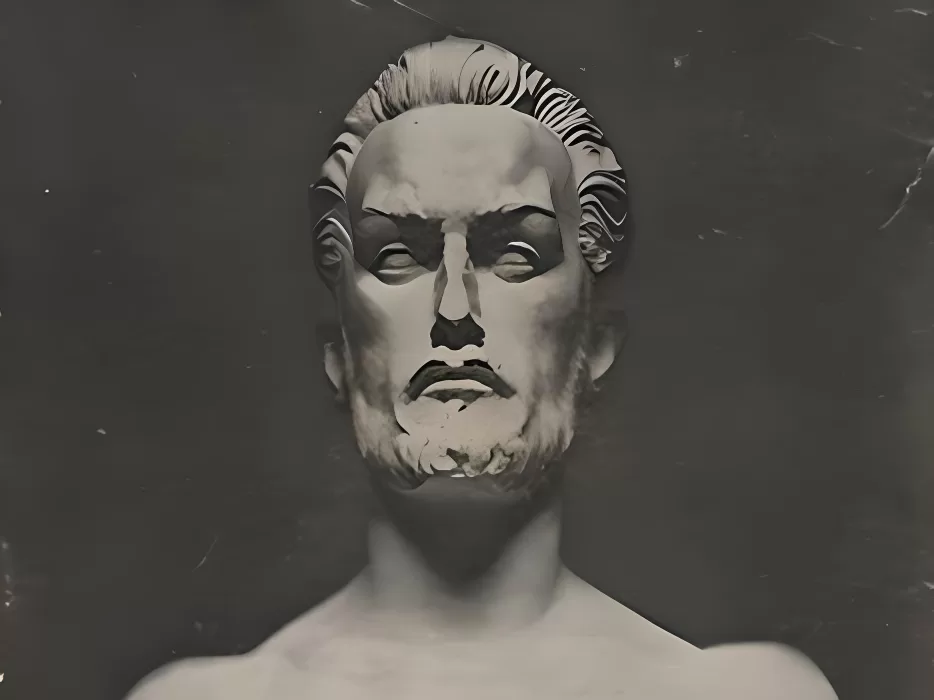The history of the creation of the Italian national state is essentially the history of irredentism — the long process of uniting under the banners of a single kingdom all lands with a predominantly Italian population. One of the last regions to join Italy was the so-called Austrian Littoral, which was part of the Habsburg empire until the end of the Great War. The story of one bold failed assassination attempt associated with the regional centre of this area, which turned into the Italian region of Venetia Giulia as a result of the Rapallo Treaty in 1920, the city of Trieste, inspired the writing of a folk song, valued by Italians to this day.
The main hero of the song, Italian patriot and irredentist Guglielmo Oberdan (1858-1882), was a native of Trieste. He was born to a Slovenian mother and a Venetian father, a soldier in the Austrian army. As a student at the Vienna University of Technology, he was drafted into the Austro-Hungarian army, from which he deserted for ideological reasons — the young man was raised in Italian culture, and the very thought of serving the hated Habsburgs was abhorrent to him. He fled to Italy and was imbued with the ideas of irredentism. Even though the process of Risorgimento, unification, had formally ended a few years earlier with the annexation of the Papal States and the transfer of the kingdom’s capital to Rome, the ideas of further reunification of Italians were in the air. One of the rulers of Italian youth’s thoughts was Garibaldi’s son, Giuseppe Menotti, who founded the union Irredenta (‘Unredeemed’), the purpose of which was to annex Trieste, Trent, and South Tyrol to Italy.
The young and passionate Oberdan fully shared these convictions. In 1882, he decided on a terrorist act, which, he believed, could bring this happy day closer for the Austrian Italians. The head of the House of Habsburg, Austrian Emperor Franz Joseph, was to visit his native Trieste. Planning regicide, Oberdan tried to transport two bombs from Rome to Trieste but was arrested shortly before the assassination attempt, failing to carry out his plan. On 20 October, he was sentenced to death by hanging for treason. Exactly two months later, he was hanged in the courtyard of the barracks in Trieste, despite advocacy and pleas for clemency from many European intellectuals, among whom was even Victor Hugo.
Oberdan’s last words, ‘Long live Italy! Long live free Trieste!’, immortalised his name. Streets and squares were renamed in honour of Oberdan, but the most famous monument to his courage became the folk song ‘Inno a Oberdan’, composed by the Italians of Trieste in 1885. Cursing the Austrian emperor and the power of the Habsburgs, the song’s authors praised the self-sacrifice of Guglielmo Oberdan and their shared dream of reunifying a united people — a dream that soon became a reality.




